Audi recently revealed its most affordable electric car yet, the Q4 E-tron, a mid-size SUV tipped to sell for between £40,000 and £50,000 when it arrives in UK showrooms late this year.
It offers generous, Audi Q5-matching interior dimensions in a more compact exterior package and is widely seen as the German brand’s first mainstream EV.
Shortly afterwards, the wraps came off the A6 E-tron concept, a realistic glimpse at the electric version of the long-running A6 executive saloon.
Clearly the electrification of Ingolstadt’s line-up is gathering pace, and there are questions over what that means for the brand’s ICE offerings, its small cars and its market positioning.
Autocar recently spoke exclusively to Audi CEO Markus Duesmann for an understanding of what the near future holds for the company as it undergoes one of the most significant transformations in its 111-year history, ushering in no fewer than 20 all-new electric models by 2025.
Could the Q4 E-tron become Audi’s best-selling car?
“Hopefully it will. The car is certainly positioned in the middle of our strongest models, and we definitely want to do high volumes with it.
“Battery cars are becoming more and more significant in the market, and we’re finding that our BEV clients don’t want to go back [to ICE], so we expect strong growth.
“Will the Q4 E-tron be the best-selling Audi? The truth is we don’t know. Deciding how much volume to install in our factories is one of the difficulties we have. We can react to changes, and that’s a good thing, but predicting demand was always difficult for cars with combustion engines, and this is harder.”
The Q4 E-tron is as big inside as the Q5 yet more compact. Does this suggest that EVs will change the classic model range structure?
“It’s a good question, and we’ve thought a lot about it, but we expect the line-up to stay much as it is now. In all segments, we have customers wondering when we’ll launch an EV that suits their preferences.
“You’re right to think that our EVs’ ratio of internal to external size is better, but buyers’ preferences depend on more than that: budget, whether you sit high or low, whether the car is short or long... So we expect the classic segments to stay.”
The Q4 E-tron’s UK entry price is around £40,000. Will it be possible to buy a cheaper Audi EV, such as a Q3 E-tron?
“We’re looking into this, and we do see some options, but we haven’t decided yet. Maybe we will do it, but not in the short term. The Volkswagen Group provides other opportunities for people who want smaller and lower-cost EVs. We think our market position means we shouldn’t stretch too much for lower entry segments.”
Will electrification cut the number of Audis on offer?
“I wouldn’t expect the number of models we offer to rise, and perhaps it will fall a little. The number of combustion models will certainly fall as we launch electric models, but cutting the total number of models isn’t a priority for us. Keeping our stable together is the priority.”

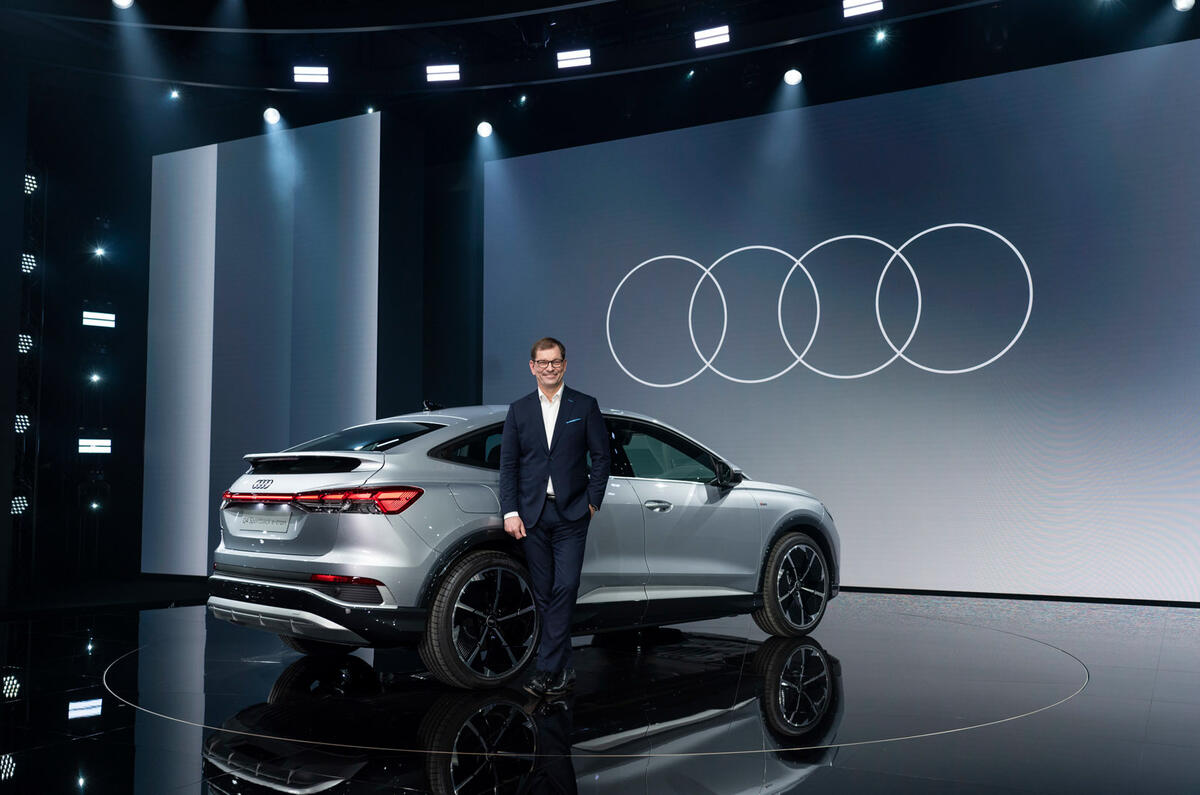
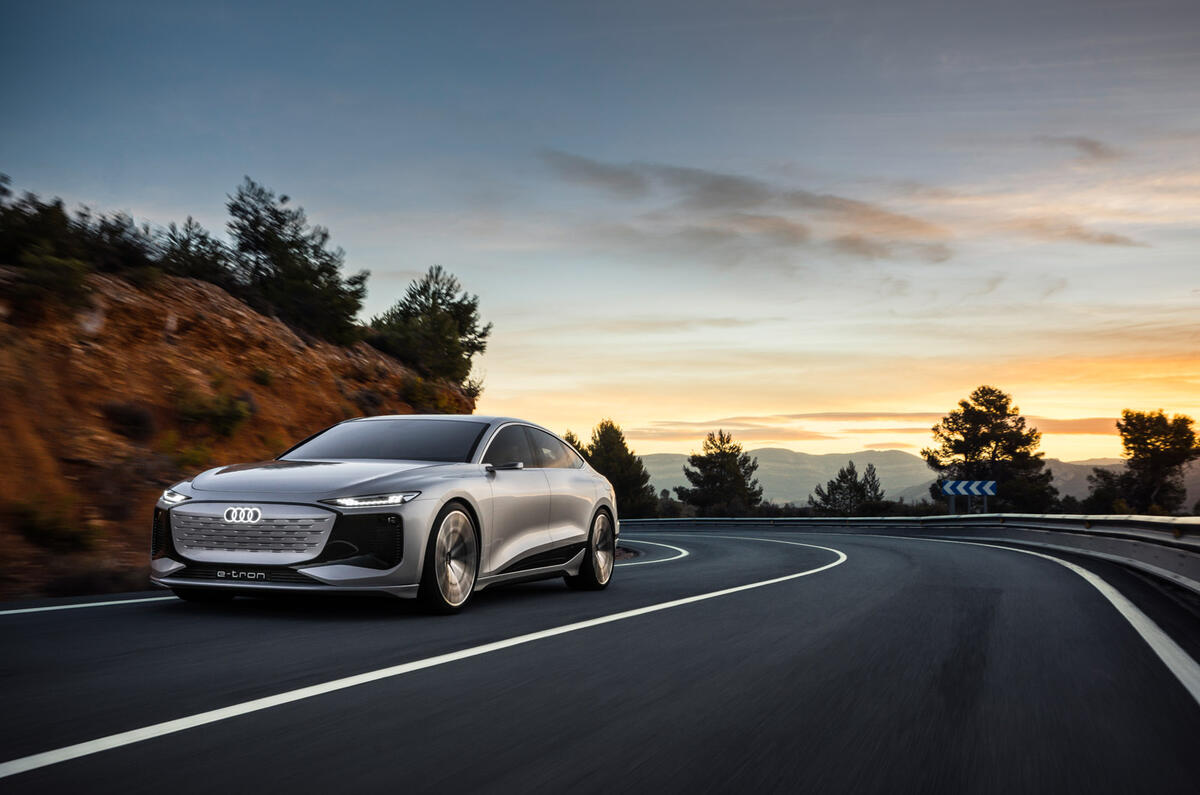
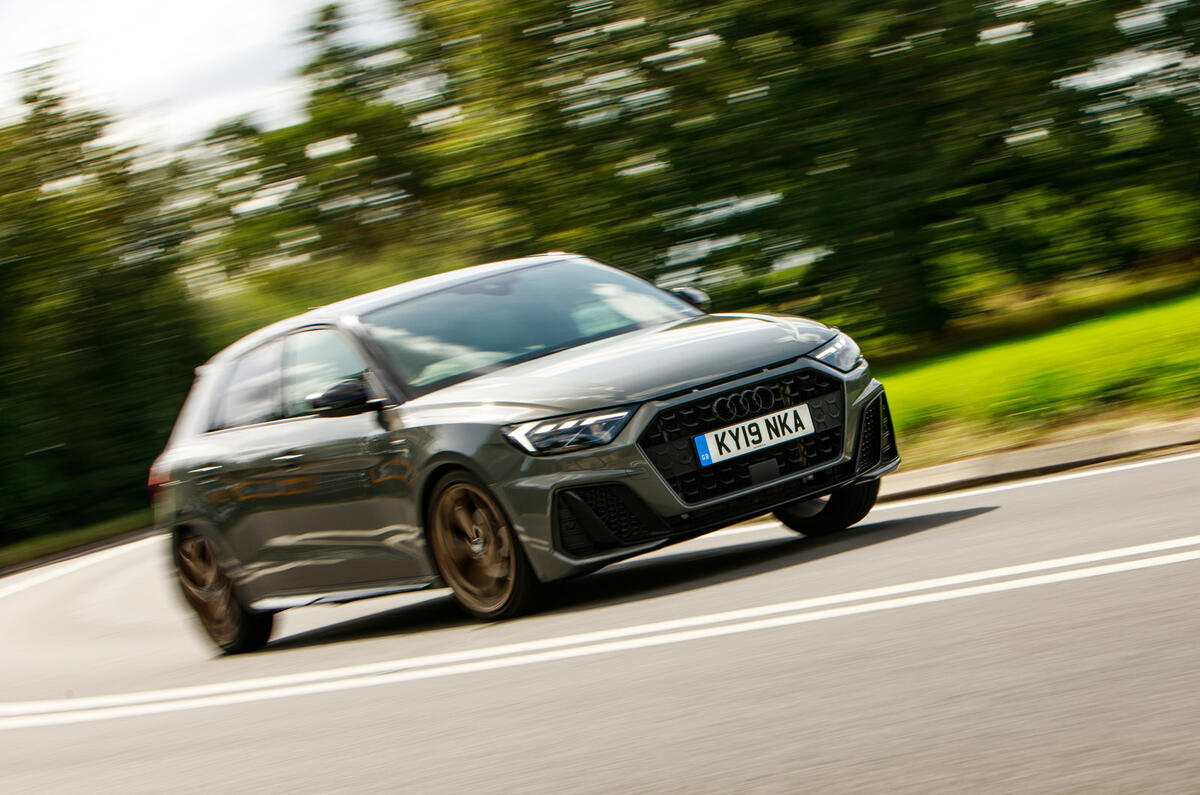
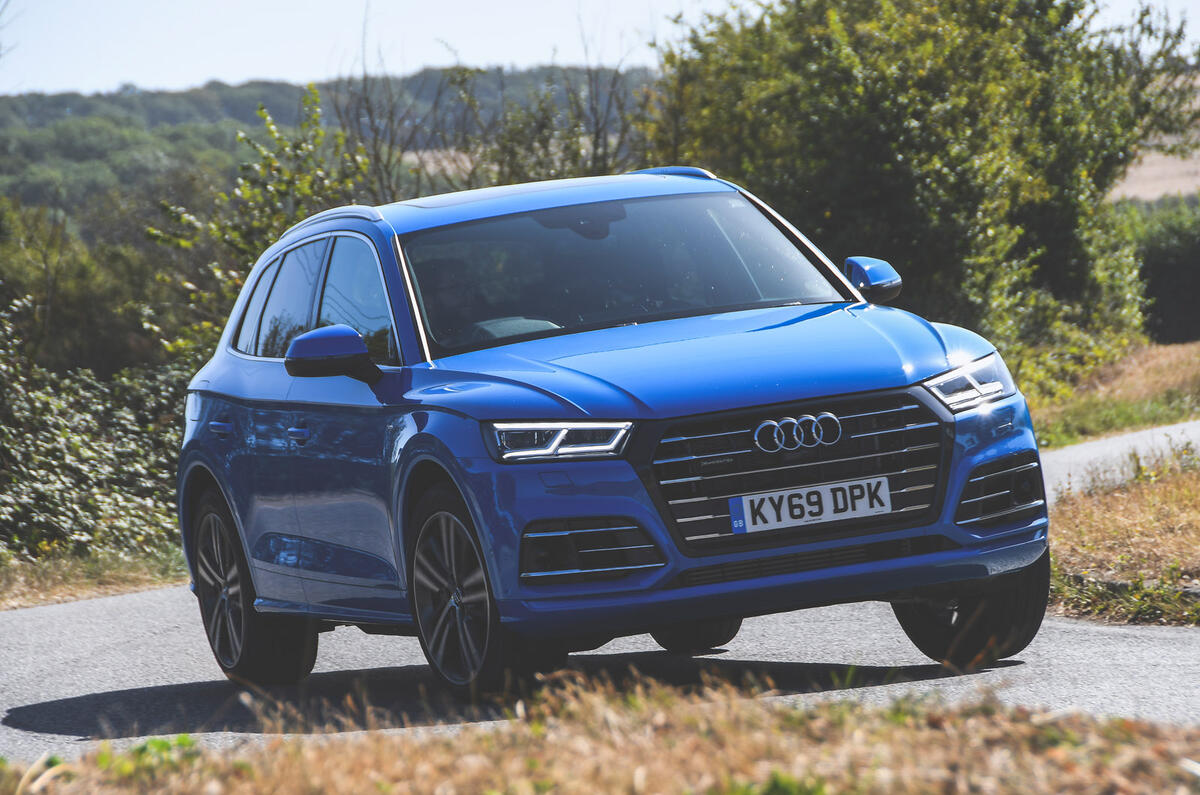
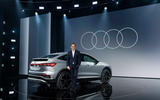
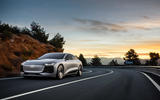



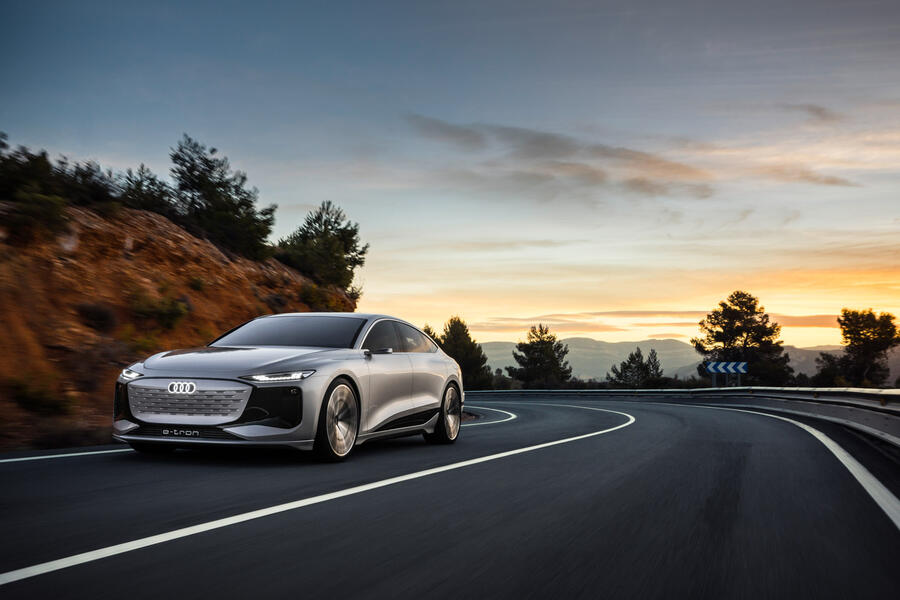
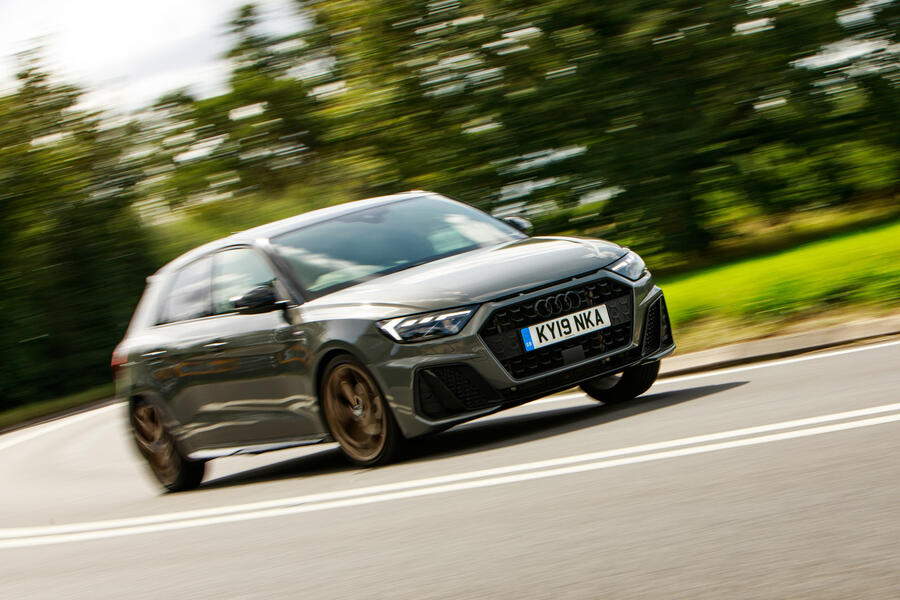





Join the debate
Add your comment
Some contradictory statements here, well ish, will or won't there be a small car?
I am rather hoping that Audi will make a VW ID.3 derivative. Not all of us need or want a Crossover or SUV and speaking personally I like small cars but without having to forgo premium quality. I am going to face a real quandary when the time comes to replace my BMW i3s - which BMW have already said will not be directly replaced (the iX1 apparently will be the answer). Sadly it appears that VW have skimped on quality with the ID.3 - although the Golf and A3 have also not been immune to the cost accountants. It just seems strange to me when roads are becoming more congested and we are all told that we should reduce our energy consumption that there are so few premium build smallish cars.
Great lesson for students in deflection and generalisation answers Mr Duesmann!
No information on EV costs. I was hoping to get an idea of the cost comparison between say a Q3 petrol and electric.
Actually no real info on anything, apart from what we all know is that the Euro rubbish 7 or whatever does nothing in real terms apart from cost manufacturers more and probably more rare resources to get to the .00001% of something. What we do know though is that western governments are bending over to receive anything that may signal virtuousness, while in Africa, Indonesia, South America, Russia they struggle just to get the fuel to power some ancient vehicle that their livelihood depends on. (rant over!)